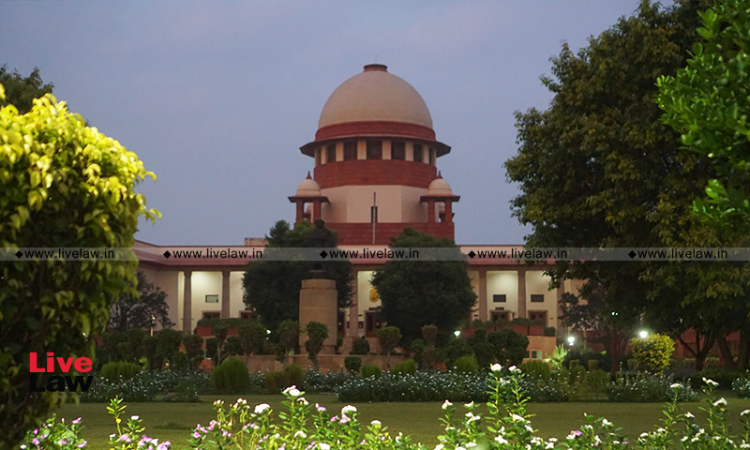Offences Under Special Statutes Including SC/ST Act Can Also Be Quashed By Exercising Powers U/S 482CrPC/ Article 142: Supreme Court
Ashok KM
25 Oct 2021 9:34 PM IST

"The mere fact that the offence is covered under a 'special statute' would not refrain this Court or the High Court, from exercising their respective powers under Article 142 of the Constitution or Section 482 CrPC" a three judges bench headed by CJI NV Ramana observed.
Next Story


